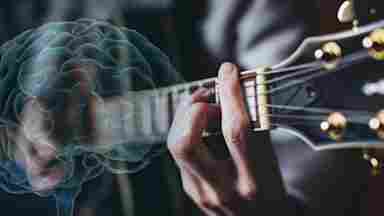
Neurological Music Therapy for Speech and Language Rehabilitation
The Oxford Handbook of Music and the Brain
Yune S. Lee, Corene Thaut and Charlene Santoni
Share this article
Related Information

The Hidden Effects of Hearing Loss on the Brain
Researchers across the country, including BrainHealth's Dr. Yune Lee, are studying how hearing loss affects brain activity as they seek to uncover the myriad unseen effects on the brain.